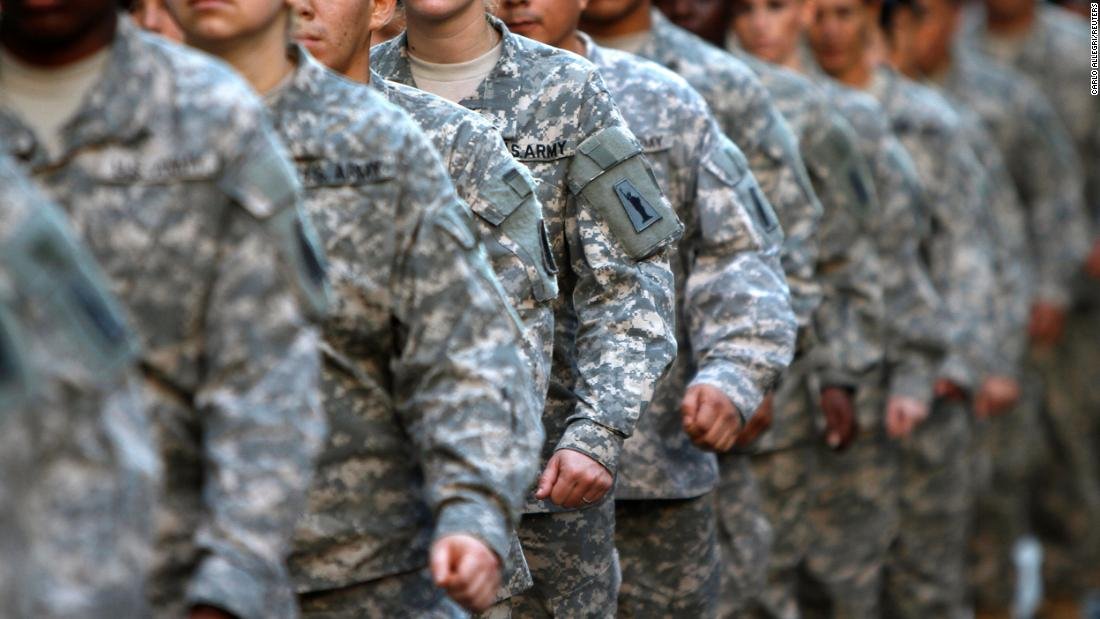CNN —
The US military introduced new rights on Wednesday for military parents, doubling the amount of leave time for service members who give birth and providing leave for new parents who don’t give birth, including those who adopt and foster long-term.
The new policy gives 12 weeks of parental leave to service members who give birth, and 12 weeks of leave for the non-birth parent. Previously, only the birthing parent was authorized six weeks of leave.
The policy also provides 12 weeks of leave for those who adopt or have a long-term foster care placement. The 12 weeks of leave must be used in the first year of the child’s life, the Defense Department said in a news release. The new policy is effective as of Wednesday, and will retroactively apply to service members who were on maternity convalescent leave or caregiver leave as of December 27.
“It is important for the development of military families that members be able to care for their newborn, adopted, or placed child or children … Unit commanders must balance the needs of the unit with the needs of the member to maximize opportunity to use parental leave,” Gilbert Cisneros, the undersecretary of defense for personnel and readiness, said in the memo.
For the parent who gives birth, the new policy says that the 12 weeks of leave will follow a period of convalescence, which can be authorized by a health care provider and will begin on the first full day after the child’s birth.
Under the policy, the 12 weeks of leave can be taken all together or in increments and says that troops may take normal leave “in between increments of parental leave or consecutively with parental leave.” It also says that parents who are deployed during the one-year leave period can be authorized an extension if they are unable to take their 12 weeks during that first year, and that any parents who place their child for adoption or have their parental rights “terminated by consent or court order” are not eligible for the parental leave.
Family planning is often one of the most cited frustrations for service members regarding military life. The Government Accountability Office said in a report in 2020 that family planning was one of six main reasons that women cited when asked why they decided to leave the service.
Female officers in the Air Force specifically told the GAO that they “felt they needed to ensure that pregnancy occurred at certain times in their careers to minimize negative career impacts,” and that there were often missed opportunities because of pregnancies including a loss of flying time or opportunities with professional military education.
In an attempt to address concerns from parents in uniform, the Army released a series of changes in April last year, which gave guidance on stabilizing soldiers’ permanent change of station or deployments as they undergo fertility treatments and provided convalescent leave to service members whose spouse experiences a miscarriage or stillbirth “for emotional recovery.”
“As an Army, we recruit soldiers but retain families,” Army Chief of Staff Gen. James McConville said at the time. “Nearly 4,500 active component enlisted men have separated due to parenthood over the last decade. … Across the entire military, 45% of all active duty married women are in dual-military marriages. This directive reaffirms our commitment to support our military families and children from pregnancy to parenthood.”



